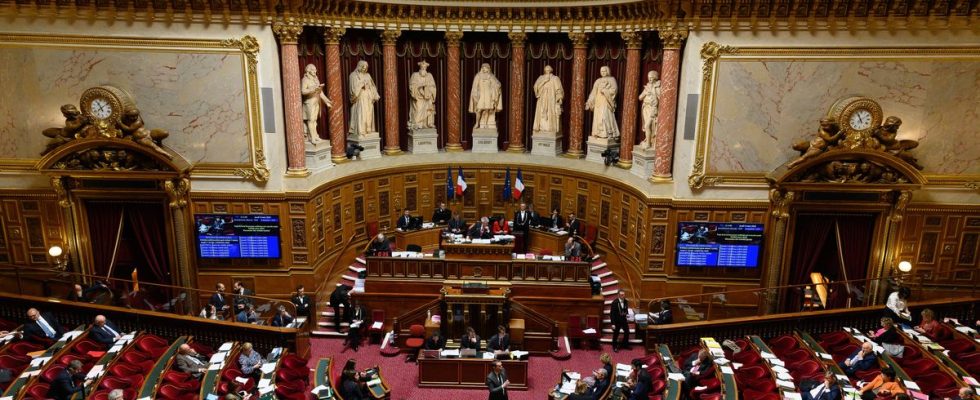Freedom through autonomy, secularism and living together… The Senate will examine on Tuesday an LR bill on schools which includes a number of divisive measures. The bill “for a school of freedom, equal opportunity and secularism” “carries right-wing markers, assumed as such”, warns its author Max Brisson.
A hundred or so amendments have been tabled to the text, including many amendments to delete articles brought by the left. First shock measure: to put a stop to “vertical bureaucracy”, Max Brisson proposes an experiment of contractual “autonomy” for voluntary schools and educational establishments.
A public school support service?
In the same spirit, it is proposed to give school principals “hierarchical authority” over the teachers in their school, currently exercised by the national education inspector. Another sensitive subject, Max Brisson proposes a reform of the training of school teachers. The training of secondary school teachers would remain unchanged within the higher national institutes of teaching and education (INSPÉ). But for first-level teachers, a “higher school for school teachers”, under the supervision of the Ministry of National Education, would be created in each academy.
The bill also provides for the creation of a public school support service and that of “rural territories with special educational needs” which would benefit from specific means and mechanisms.
Wearing the uniform again on the table
A final axis “secularism and living together” puts the question of the veil back on the table, by again proposing to prohibit the wearing of ostentatious religious symbols and outfits for parents accompanying school outings. The text finally intends to impose the wearing of the uniform for the pupils of the primary classes, colleges and high schools of the public and private establishments under contract.
In committee, the senators added an article aimed at perpetuating the activity of kindergartens. It is a question of extending, beyond the start of the 2023-2024 school year, the derogation from the obligation to attend school, which authorizes them to ensure the education of children aged three to six. The government has already planned to oppose, by means of amendments, several of the provisions of the bill: hierarchical authority of school principals, perpetuation of kindergartens, prohibition of the wearing of religious symbols during outings school or uniform obligation.

